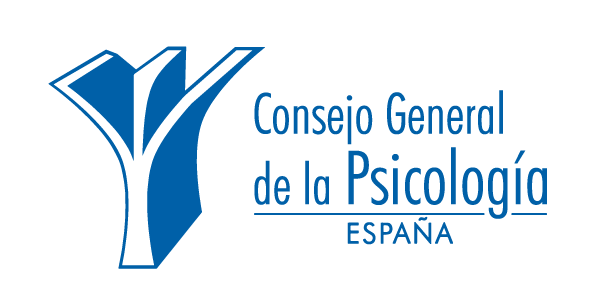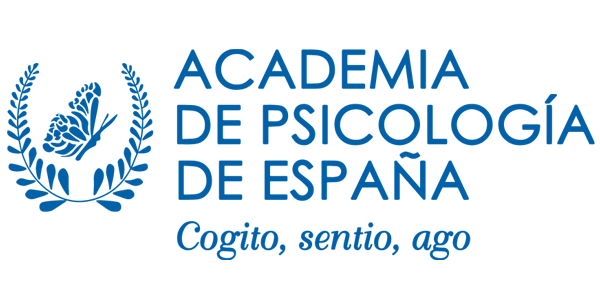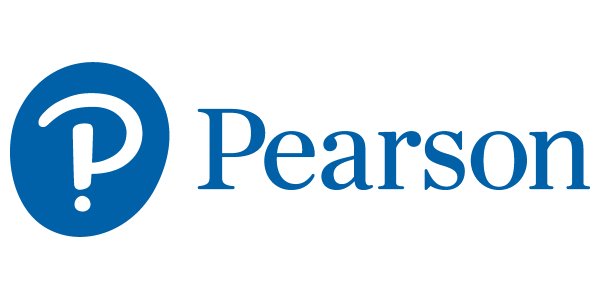Protective factors for adolescents’ positive adjustment
Adolescence is a transition period characterized by dramatic emotional, social, and cognitive changes. Although a majority of adolescents successfully navigate this period, a substantial minority of adolescents experience distress. Literature lists several protective factors that might interfere with or reduce the chance to develop internalizing and/or externalizing symptoms. This symposium aimed to investigate the role of intrapersonal and interpersonal protective factors for adolescents’ good adjustment and well-being.
The first contribution addresses social media use in adolescence and internalizing/externalizing symptoms. The widespread adoption of social media has brought interest in understanding whether it is improving or harming individuals’ wellbeing, especially for adolescents, given that social media involves an ever-growing part of their daily lives. Findings from a sample of Italian secondary school students (14-17 years old) are discussed. The second contribution explores the role of familism (one’s own thoughts and feelings that emphasize support, closeness, obligations, values, and expectations toward the family) and the association between familism and internalizing/externalizing problems and the underlying mechanisms among 364 Italian adolescents (age range: 14–17 years; 48.9 % boys). The third contribution deals with the protective role of the needs of competence, relatedness, self-acceptance, and the possession of psychological capital, named flourishing, for psychological wellbeing in adolescence. This presentation investigates the effects of flourishing on internalizing and externalizing problems as mediated by empathy in a sample of 290 Italian adolescents (14-18 years old). The last communication presents a case study of an adolescent girl with obesity through a multi-method assessment. The role of the attachment pattern in relation to her psychological functioning and wellbeing is analyzed. Moreover, insight into the development of a tailored treatment plan is presented.

Elisa Delvecchio
Assistant Professor. University of Perugia, Italy
Elisa Delvecchio, Ph.D., is assistant professor in Clinic Psychology at the Department of Philosophy, Social Sciences and Education at the University of Perugia (Italy), where she teaches “Psychodynamic assessment of children and adolescents”, “Developmental psychopathology”, “Family assessment and intervention planning” and “Disaster psychology”. She is the representative of the international relationships for the psychological field at the University of Perugia. She is the coordinator of the “Psychology and Cultures Lab” at the International Human-being Research Centre (IHRC). She is the contact person for the University of Perugia for the national Network “University for Peace”. Her main research interests focus on the role of personal and interpersonal variables for the prevention and treatment of anxiety and depressive disorders in adolescence adopting a cross-cultural perspective. She is running a project aimed to assess the link between psychological well-being, personal and relational variables and cultural beliefs in adolescents and emerging adults across several countries. During the last year, she has involved in a longitudinal project about the psychological impact of COVID-19 in parents of children and adolescents between Italy, Portugal and Spain. Moreover, she is interested in attachment and its measurement. She has been trained for the Strange Situation Procedure as well as for the Adult Attachment Projective Picture Stimuli. She is working on the translation and administration of the Super Skills for Life intervention programme in Italian children. She has authored or co-authored more than 45 articles in international peer reviewed scientific journals. She has clinical experience in the contexts of individual and group therapy with adolescents and adults. She works as a psychologist at the clinical centre of the University of Perugia. She is a member of the Society for Personality Assessment (SPA) and of the Associazione Italiana di Psicologia (Italian Association of Psychology).
Organiza

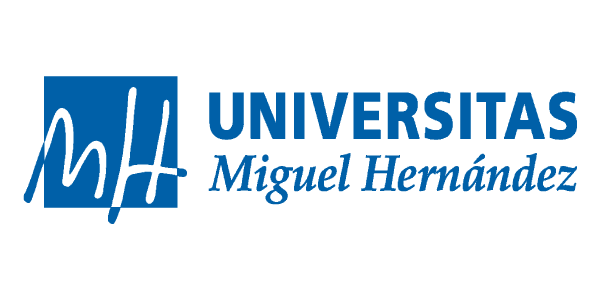
Patrocina
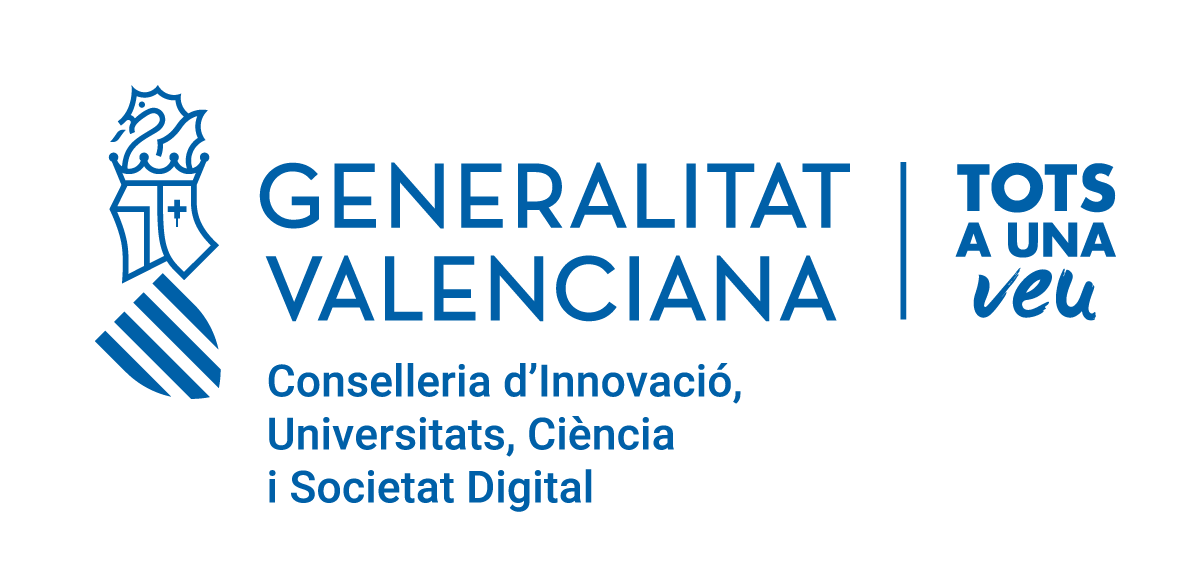
Con el apoyo de
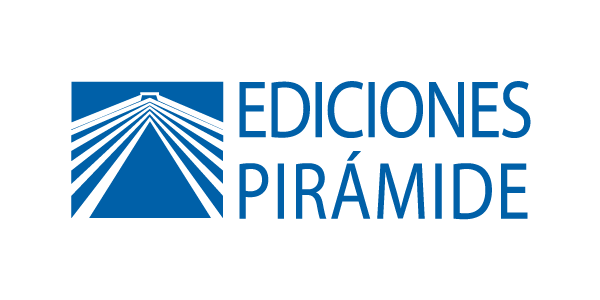

![8CIPCNA-adaptaciones-[Recuperado]](https://www.aitanacongress.com/2022/wp-content/uploads/8CIPCNA-adaptaciones-Recuperado.png)
